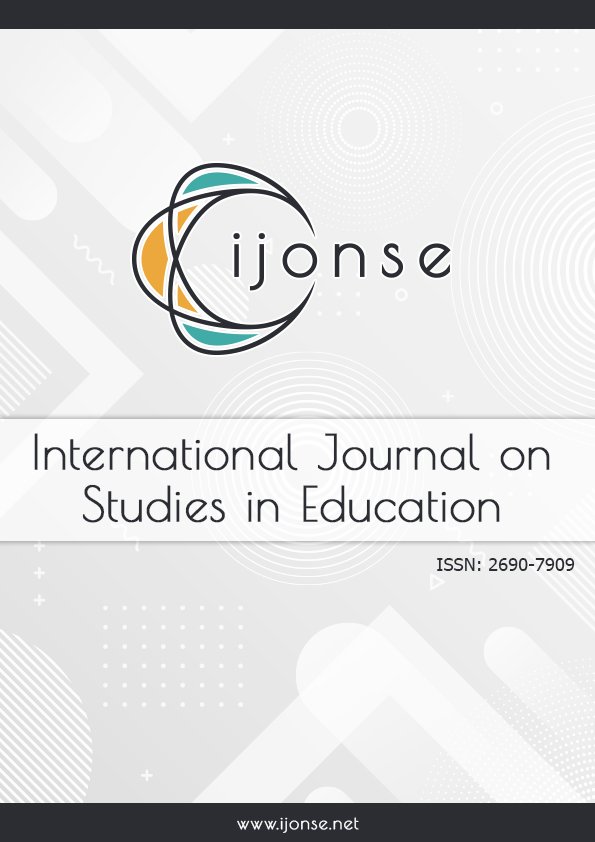Global Virtual Teams in Building Learner's Resilience: Evidence from a Four-Year Study of Pre- and During COVID Disruption
DOI:
https://doi.org/10.46328/ijonse.247Keywords:
Resilience, Global Virtual Teams (GVT), Virtual Exchange (VE), CollaborationAbstract
People worldwide have been grappling with unprecedented levels of stress and related mental health issues, increasing both in the workplace and on campuses before the pandemic, spiraling upward with reports by students and employees from all levels of socioeconomic backgrounds (APA 2023). Countries are lagging in addressing this rising trend (WHO 2022). Simultaneously, global virtual teams (GVTs) have grown in importance in the workplace and classroom. To examine how GVTs impact learners and learning environments, a longitudinal study pre pandemic (2018) lasting through the pandemic (2021) tested a model of resiliency based on the factors of discernment, resourcefulness, problem solving, consideration of future consequences (CFC), critical thinking, and culture. GVTs was used as an intervention comparing resiliency based on a sample of before the GVT experience (n=584) and after (n=399), with learners from seven universities across six cultures. Results show that GVTs can boost resilience but require discernment and resourcefulness. Students value critical thinking after GVTs and after controlling for the pandemic, GVTs did not affect resiliency, suggesting that redirecting learners to new factors can enhance resilience. Resilience helps employers, instructors, and individuals manage mental health issues while GVTs build resilience in students and employees for international business uncertainties.References
Pearl, M. & Tzoumis, K. (2024). Global virtual teams in building learner's resilience: Evidence from a four-year study of pre- and during COVID disruption. International Journal on Studies in Education (IJonSE), 6(4), 616-643. https://doi.org/10.46328/ijonse.247
Downloads
Published
Issue
Section
License
Articles may be used for research, teaching, and private study purposes. Authors alone are responsible for the contents of their articles. The journal owns the copyright of the articles. The publisher shall not be liable for any loss, actions, claims, proceedings, demand, or costs or damages whatsoever or howsoever caused arising directly or indirectly in connection with or arising out of the use of the research material.
The author(s) of a manuscript agree that if the manuscript is accepted for publication in the International Journal on Studies in Education (IJonSE), the published article will be copyrighted using a Creative Commons “Attribution 4.0 International” license. This license allows others to freely copy, distribute, and display the copyrighted work, and derivative works based upon it, under certain specified conditions.
Authors are responsible for obtaining written permission to include any images or artwork for which they do not hold copyright in their articles, or to adapt any such images or artwork for inclusion in their articles. The copyright holder must be made explicitly aware that the image(s) or artwork will be made freely available online as part of the article under a Creative Commons “Attribution 4.0 International” license.

This work is licensed under a Creative Commons Attribution-NonCommercial-ShareAlike 4.0 International License.





